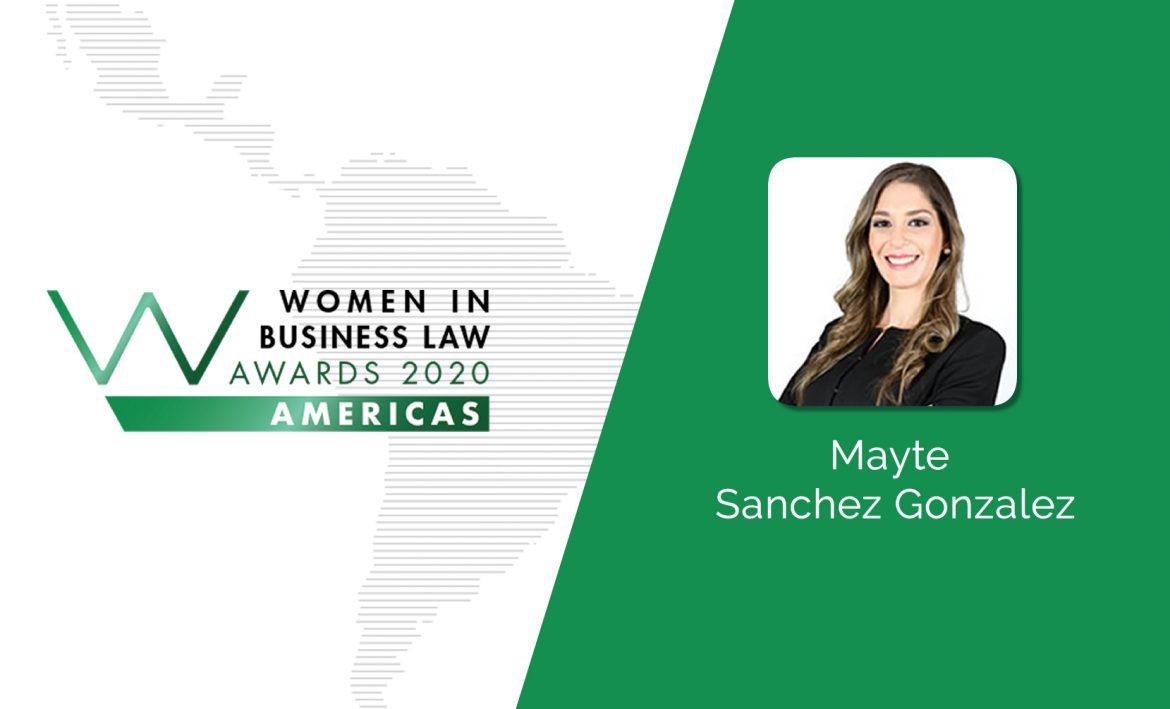Morgan & Morgan advised Panasolar Generation, S.A. in an issuance of corporate green bonds for US$15,500,000.00.
Panama, September 29, 2020. The green bonds are certified under the Climate Bonds Certification Scheme run by the Climate Bonds Initiative, an international, investor-focused non-profit organization, and the only organization working solely on mobilizing the $100 trillion bond market for climate change solutions. The Climate Bonds Standard and Certification Scheme is a labelling scheme for
Autoridad de Aeronáutica Civil anuncia reactivación de vuelos internacionales y el Ministerio de Salud modifica las medidas sanitarias para el ingreso de personas a Panamá
I. AUTORIDAD DE AERONÁUTICA CIVIL (AAC) La Resolución No. 150/DG/DJ/AAC del 23 de septiembre de 2020 de la ACC (en adelante la “Resolución”), publicada en Gaceta Oficial Digital el mismo día, prorroga la suspensión de todos los vuelos internacionales por 19 días calendario adicionales, hasta el 11 de octubre del 2020, por razones de salud
- Published in Labor and immigration_covid, 2020
Startup Financing
A company’s need for substantial amounts of capital is intensified when looking to grow quickly, or develop an innovative product that will disrupt the market in a meaningful way. This is true to any company, and is especially true to innovative and disruptive startups, which aim at creating new markets, revolutionizing existing ones and prevailing
Panamá establece amnistía tributaria y regla de pronto pago para el pago de impuestos
15 de septiembre de 2020 Dos iniciativas legislativas debidamente aprobadas y promulgadas nos brindan la oportunidad de poner al día nuestros tributos y obligaciones frente al Fisco Panameño. Hablamos de la extensión de la Amnistía Tributaria y la Ley de Pronto Pago que resumimos a continuación. Amnistía Tributaria Desde el ejercicio fiscal 2019, se inició
- Published in 2020, Angelica Ortiz, Barraza Amanda, Inocencio Galindo, Publications, Taxation_news
Morgan & Morgan advised in a US$40 million bond issuance by Banco Latinoamericano de Comercio Exterior (Bladex)
Panama, September 14, 2020. Morgan & Morgan advised BofA Securities, Inc., Mizuho Securities USA LLC., and SMBC Nikko Securities America Inc., in an issuance by Banco Latinoamericano de Comercio Exterior (Bladex) of five-year term bonds for US$400,000,000.00 with a fixed coupon of 2.375%, under Rule 144A and Regulation S of the United States Securities Act
- Published in 2020, Banking Law, expertise, Francisco Arias, Miguel Arias_exp, Roberto Vidal, Securities and Capital Markets
El Ministerio de Trabajo y Desarrollo Laboral extiende vigencias
La Resolución No. DM-212-2020 del 29 de julio de 2020 del Ministerio de Trabajo y Desarrollo Laboral (MITRADEL), publicada en Gaceta Oficial Digital el día 31 de julio de 2020, modifica el artículo primero de la Resolución No. DM-163-2020 del 18 de junio de 2020, en relación a la vigencia de los permisos de trabajo
- Published in 2020, Labor and immigration_covid
Euromoney Legal Media recognizes Morgan & Morgan
Panama, August 27, 2020. Morgan & Morgan is pleased to announce that our firm has been shortlisted for two awards in the Women in Business Law Americas Awards 2020 organized by Euromoney Legal Media Group. The awards recognize firms and women lawyers across a spectrum of practice areas, jurisdictions, and sectors, providing a snapshot of
- Published in 2020, Litigation and Dispute Resolution_news, Mayte Sanchez, News
Utilización de créditos ITBMS en Panamá
27 de agosto de 2020 Desde el año pasado, la Dirección General de Ingresos, mediante decretos ejecutivos y resoluciones reglamentarias dispuso los lineamientos para la utilización y aplicación de los créditos del Impuesto de Traslado de Bienes Materiales y Servicios (ITBMS) generados producto de las retenciones practicadas por los agentes de retención de este impuesto,
- Published in 2020, Angelica Ortiz, Barraza Amanda, News, Taxation_news
Panama: The Shipping Law Review
Panama, August 24, 2020. Juan David Morgan Jr., partner and head of the Shipping and Admiralty Litigation practice of Morgan & Morgan, was part of the experts of the seventh edition of The Shipping Law Review. This publication highlights the leading jurisdictions and critical features of regulations concerning the handling of maritime disputes. The online Panama
Special Regimes relevant to Panamanian Startups
At the beginning of a startup’s life, the use of financial resources in the most efficient way is of vital importance. It is for this reason that the incentives that a country can provide to an entrepreneur and his newly formed company can potentially determine how and how much that company will grow. In previous articles in this Startup Series, we summarized the advantages of incorporating a startup under











